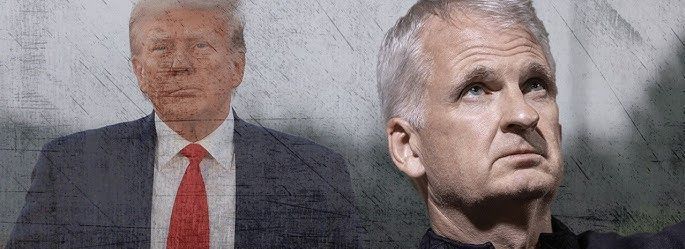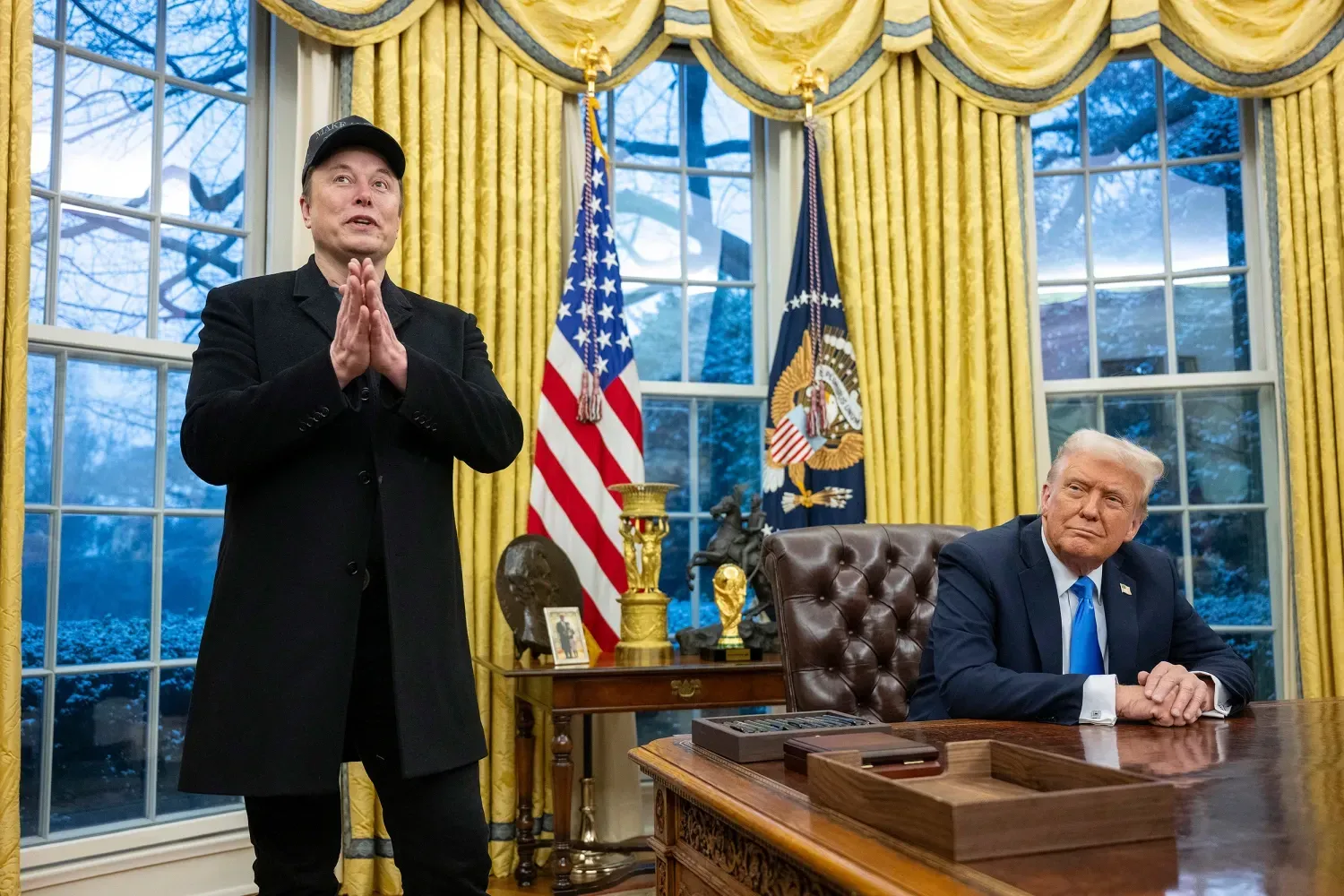Energy - June 2023
Energy – June, 2023: Energiewende
In this June Report, we will keep it concise, with a particular focus on Germany and its ambitious goal of achieving carbon neutrality by 2045, also known as the "Energiewende."
"The German government has set a goal to become climate-neutral by 20451. The EEG 2023 is the largest energy policy law reform in decades, and it lays the foundation for Germany to become climate neutral. With a consistent and significantly faster expansion, the share of renewable energies in gross electricity consumption should rise to at least 80 percent by 20302."
Germany stands out as one of the most advanced countries in terms of alternative energy. This achievement can be attributed to the influence of a Green/Socialist government that has garnered extensive public support and implemented its agenda with remarkable authority. Nevertheless, an increasing number of dissenting voices have surfaced, expressing concerns about the cost and sustainability of the program. Many individuals have come to realize that during periods of ample wind and sunlight (daytime), not all generated electricity can be consumed, and storage capabilities remain limited. Consequently, the surplus electricity is sold to other nations at discounted prices. However, the situation shifts at night when wind and solar sources are insufficient. During these periods, electricity must be imported, including from reactivated coal power plants and nuclear sources, both of which come at higher-than-market prices. This scenario translates into additional costs for consumers and unfavorable conditions for energy companies.
Deutschland und die EU müssen Billionen investieren für die Energiewende - und das in einer Zeit, in der seit Jahrzehnten erstmals die Zinsen stark gestiegen sind und damit Geld teuer geworden ist. Damit werden Investitionen in die Energiewende immer teurer - die Europäische Kommission schätzt aktuell für die EU ein Bedarf von 700 Milliarden Euro jährlich, wobei der Betrag noch einmal deutlich steigt, wenn man die dafür zu zahlenden Zinsen berücksichtigt. Nun droht China mit Exportbeschränkungen für Rohstoffe, die für die Energiewende unabdingbar sind - und zeigt uns damit, auf welch unsicheren Beinen unsere Klima- und Energiepolitik steht. Nun verbünden sich Energie-reiche Länder, die vorher verfeindet waren - und binden sich immer enger an China..
With the West asking more and more to decouple from China, China is limiting critical materials to Germany, adding another negative spiral to the picture. So, will it become the change or a barrel booster?
Are we going full circle? Some government voices in Germany are now pushing to end the War in Ukraine, so Germany can go back to the gas supply from Russia?
Perhaps in an effort to make global warming more dramatic, the White House (source:
link)—yeah, the House on Pennsylvania Avenue—is pushing a study to cool the Earth by reflecting sunlight. What are your thoughts? But starting to mess with the solar system may leave us in the dark and cold rather sooner than later. For me, I accept the 1.5 degrees warming for the next 50 years. However, solar, wind, and all other renewables should be maximized in their useful use. Religious and ideological zealots have never improved the world for the better, but they have brought about change, haven't they?
Population growth will be a major factor in energy consumption, and here's another study (source: link) that suggests oil will remain the top source for quite a while to come.



Sign Up For Our Newsletter
We will get back to you as soon as possible
Please try again later





